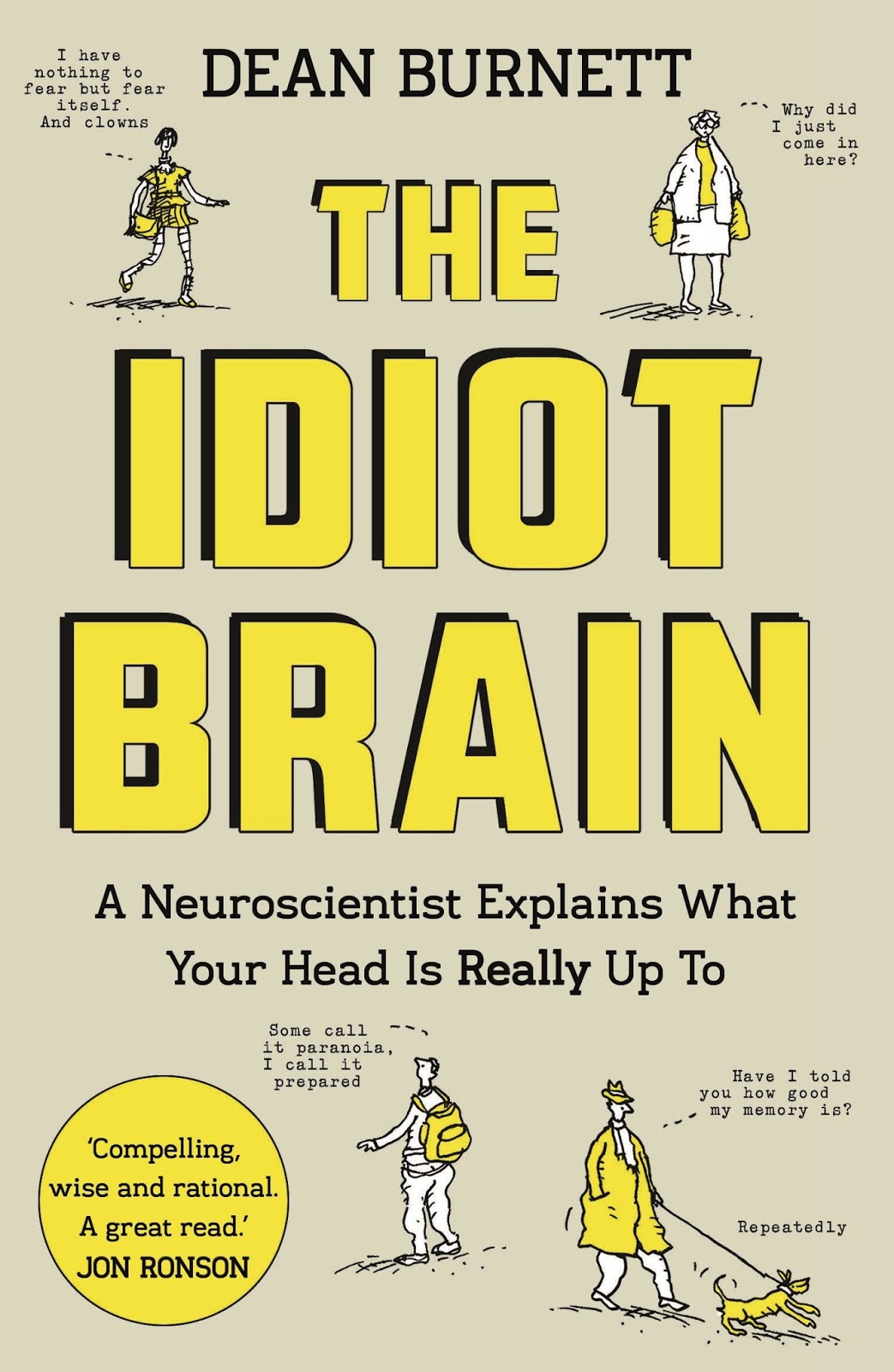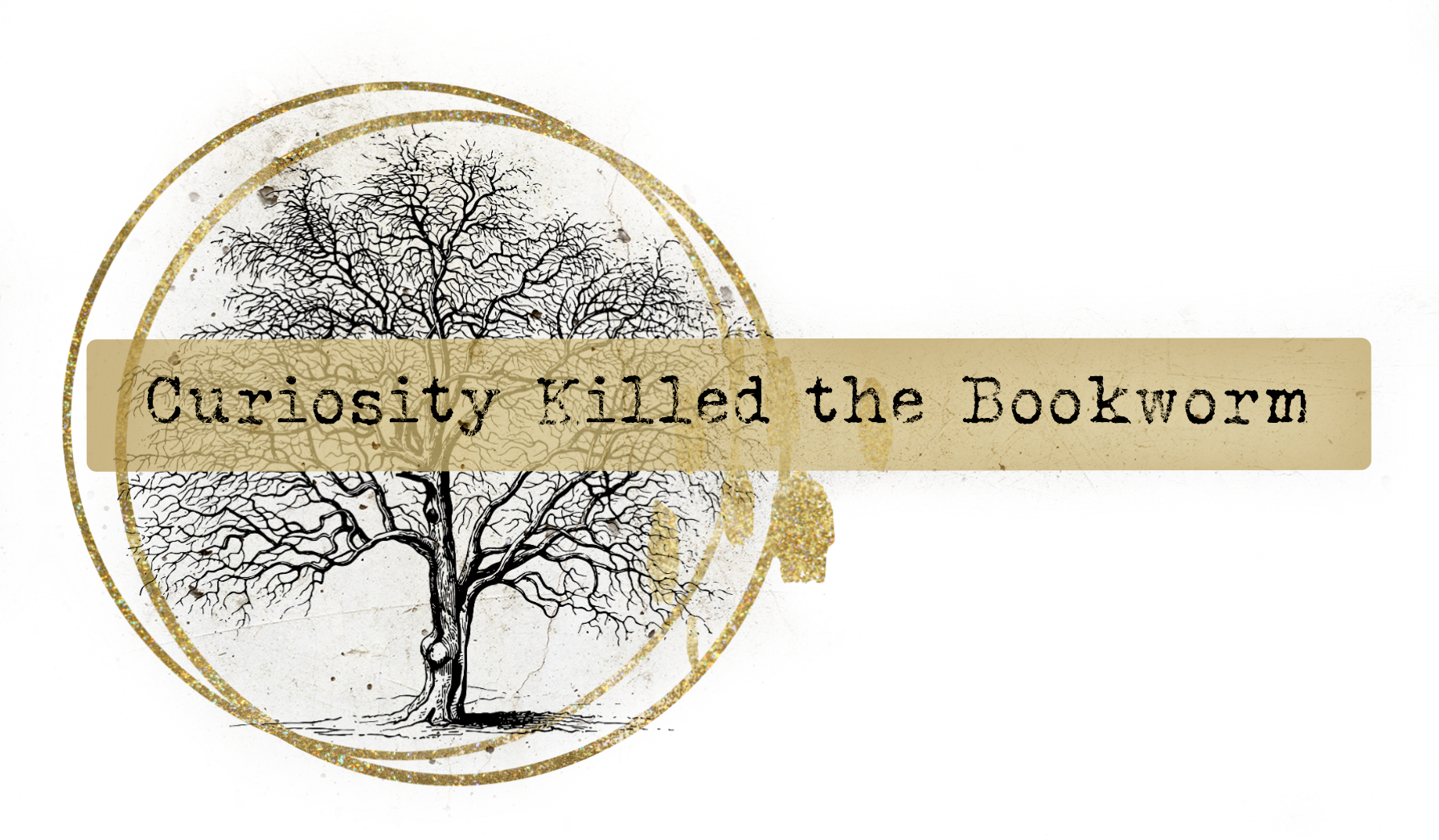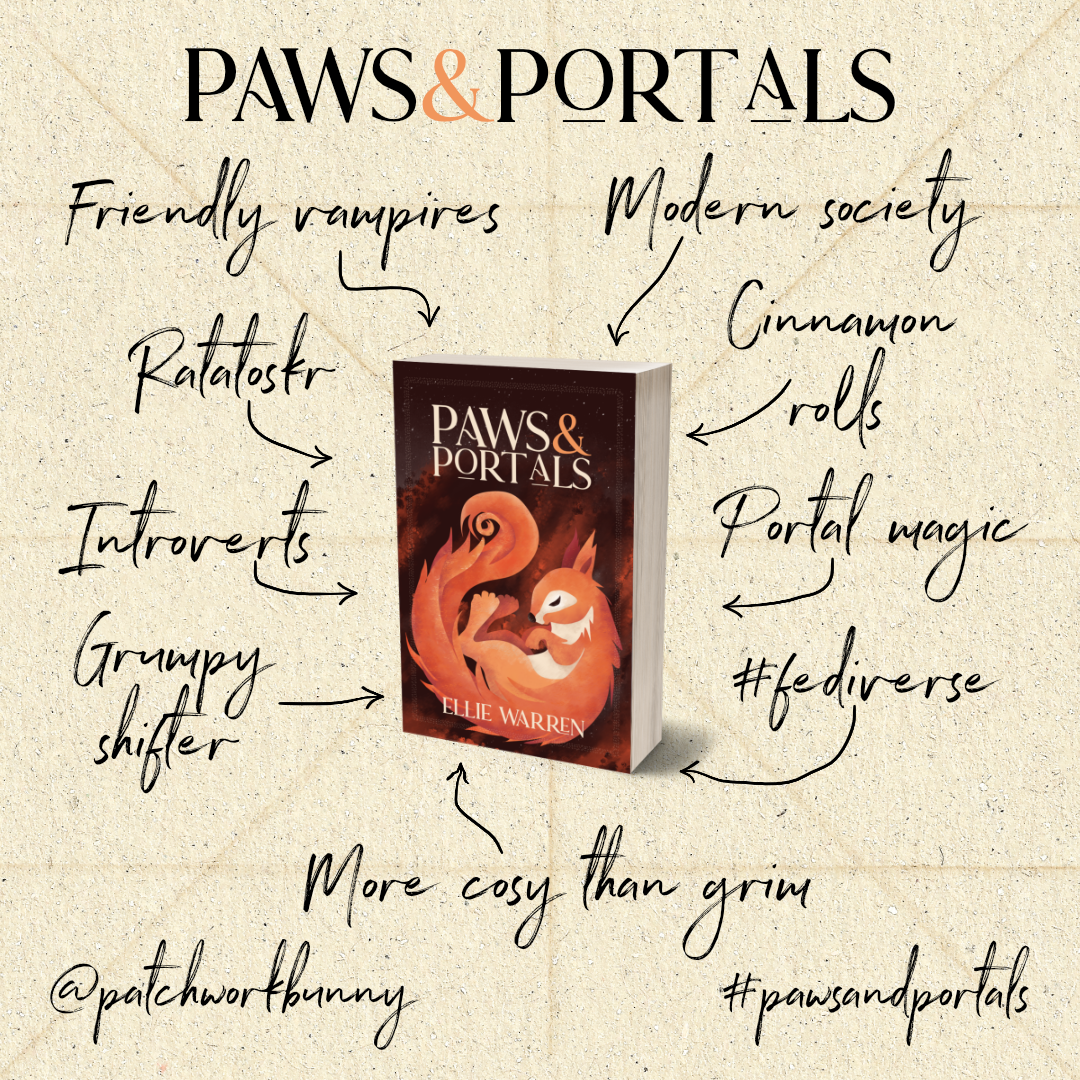
In The Idiot Brain, Dean Burnett explores how the brain makes us behave how we do, in an accessible and friendly manner. I find this stuff fascinating. Dean also makes it clear that we don’t know everything and what we do know sometimes changes, but this book is a great place to start.
Who needs predators when we have our expanded craniums to drag us down with persistent stress?
Basically our brains are wired to be looking for danger all the bloody time. It might have been useful to our primitive ancestors, but it can be a pain in the arse to modern humans. It’s also keeping us alive without us consciously thinking about it and spending a lot of time re-writing our memories so we seem better, or more important, than we are. Because to your brain, you’re the centre of the world.
It also explains briefly how our senses work, why smell is stronger than taste (you know how bacon always smells better than it actually tastes?), how the eye transmits a pretty rubbish picture for the brain to interpret and that touch and hearing are nearly the same thing.
Some of the parts on memory were familiar to me, from reading (and storing to long term memory it seems) other books, but I did marvel at how short term and long term memory must interact when we read. Short term memory doesn’t last very long, so if you’re not that invested or emotionally impacted by what’s currently happening, it’s probably not going to make it into long term storage. It’s why it’s so easy to lose your keys when you had them five minutes ago.
The idea that all of human society is just bumbling along due to haphazard occurrences and luck is, in many ways, more distressing than there being a shadowy elite running things.
It did such a good job of explaining why anxiety happens. Part of the brain’s danger detector is keeping an eye out for social dangers too, because being a social outcast isn’t something the ego can handle. It’s a surprise we’re all functioning so well really. If you find understanding the biological side of things reassuring I’d definitely recommend Dean’s perspective on it.
As he is a psychiatrist, when he talks about what happens when things go wrong, he does so with compassion and understanding. I think it’s the first time someone’s explained schizophrenia where what happens makes sense.
POPSUGAR Challenge: 17. A book you borrowed or that was given to you as a gift
Goodreads | Amazon | Waterstones | Hive | Wordery
Book Source: Gifted





